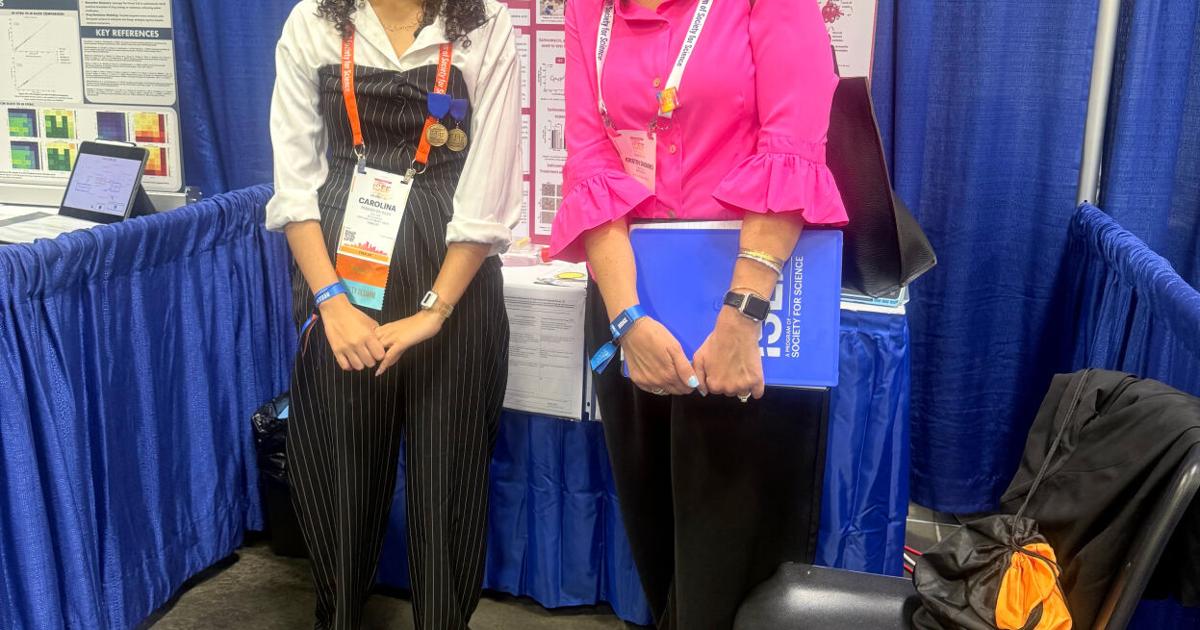AI Job Apocalypse? Top CEO Warns of Widespread Job Losses and a Looming Technological Shift

The rapid advancement of artificial intelligence (AI) is sparking both excitement and concern across industries. In a recent interview with CNN’s Anderson Cooper, Dario Amodei, CEO of leading AI company Anthropic, issued a stark warning about the potential for widespread job displacement. His words, “I don’t think we can stop this bus,” have sent ripples through the business world and ignited a crucial conversation about the future of work.
Amodei’s concern stems from the accelerating capabilities of AI. He stated that AI is “starting to get better than humans at almost all intellectual tasks.” This isn't a distant prediction; it’s a rapidly approaching reality. While AI offers incredible opportunities for innovation and efficiency, the potential consequences for the workforce are significant.
The Scale of the Potential Disruption
The impact won't be limited to specific sectors. Amodei's assessment suggests that a broad range of jobs requiring intellectual skills – including white-collar roles traditionally considered safe from automation – are vulnerable. Tasks like data analysis, writing, customer service, and even some aspects of programming could be increasingly handled by AI systems.
Why is AI Progressing So Quickly?
The recent surge in AI capabilities is largely due to breakthroughs in large language models (LLMs) and deep learning. These technologies allow AI to learn from vast amounts of data, enabling them to perform increasingly complex tasks with remarkable accuracy and speed. The competition among AI developers is also fueling rapid innovation, with companies constantly striving to push the boundaries of what’s possible.
Beyond the Alarm: Adaptation and Opportunity
While Amodei’s warning is serious, it’s not necessarily a call for despair. Recognizing the potential for disruption is the first step towards adapting to it. Several strategies can mitigate the negative impacts and harness the benefits of AI:
- Reskilling and Upskilling: Investing in programs that equip workers with the skills needed to thrive in an AI-driven economy. This includes focusing on areas where humans retain a competitive advantage, such as creativity, critical thinking, and emotional intelligence.
- New Job Creation: AI will also create new jobs, albeit potentially requiring different skill sets. Roles related to AI development, maintenance, and ethical oversight will be in high demand.
- Policy and Regulation: Governments need to proactively address the societal implications of AI, including potential job losses and the need for social safety nets.
- Human-AI Collaboration: The most promising future likely involves humans and AI working together, leveraging each other’s strengths. AI can handle repetitive tasks and data analysis, freeing up humans to focus on higher-level thinking and problem-solving.
The Conversation Continues
Dario Amodei’s warning serves as a critical wake-up call. The conversation around AI's impact on the workforce needs to be ongoing and inclusive, involving policymakers, businesses, educators, and workers themselves. Ignoring the potential challenges won't make them disappear. Proactive planning and adaptation are essential to ensure that the AI revolution benefits everyone, not just a select few. The “bus” of technological advancement is indeed moving fast, and we must be prepared to navigate the road ahead.






